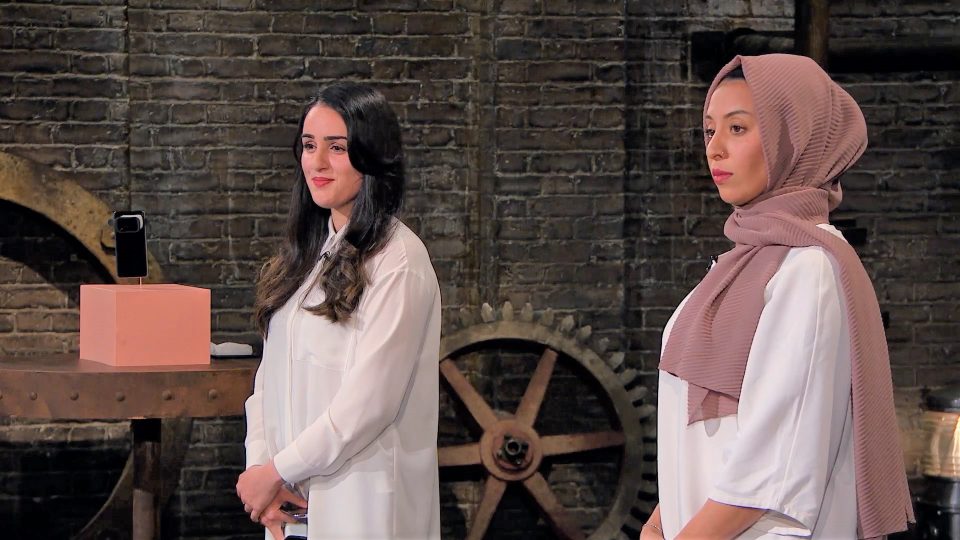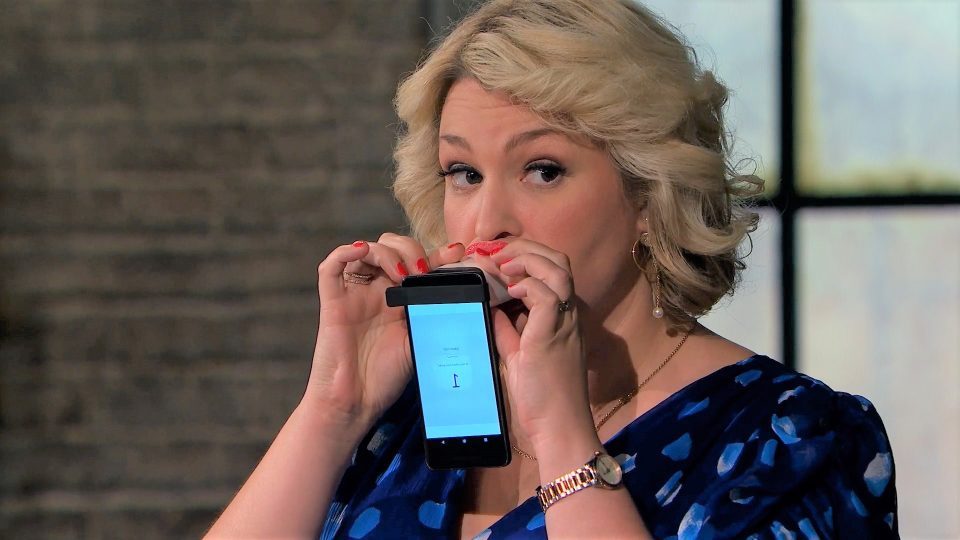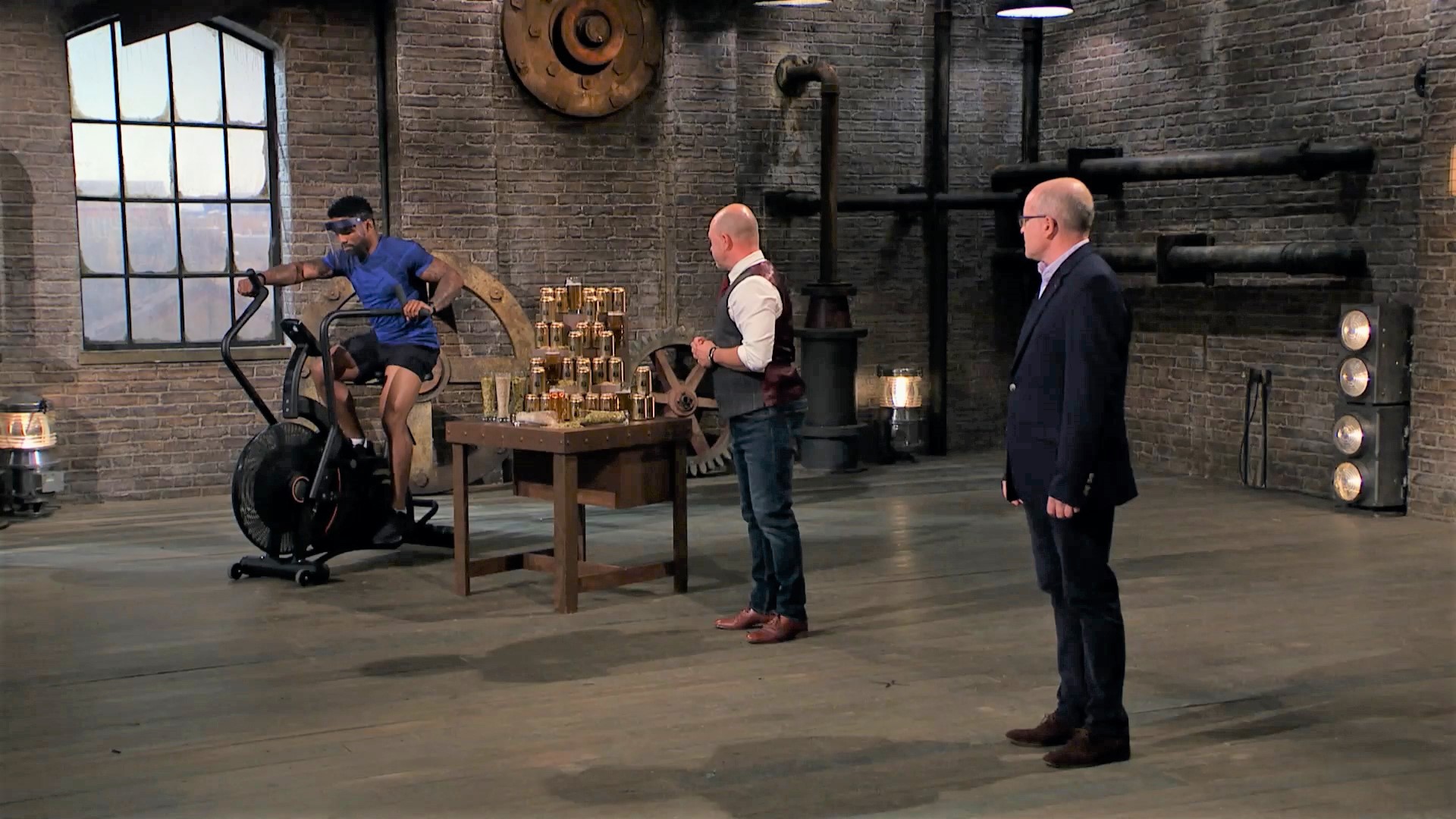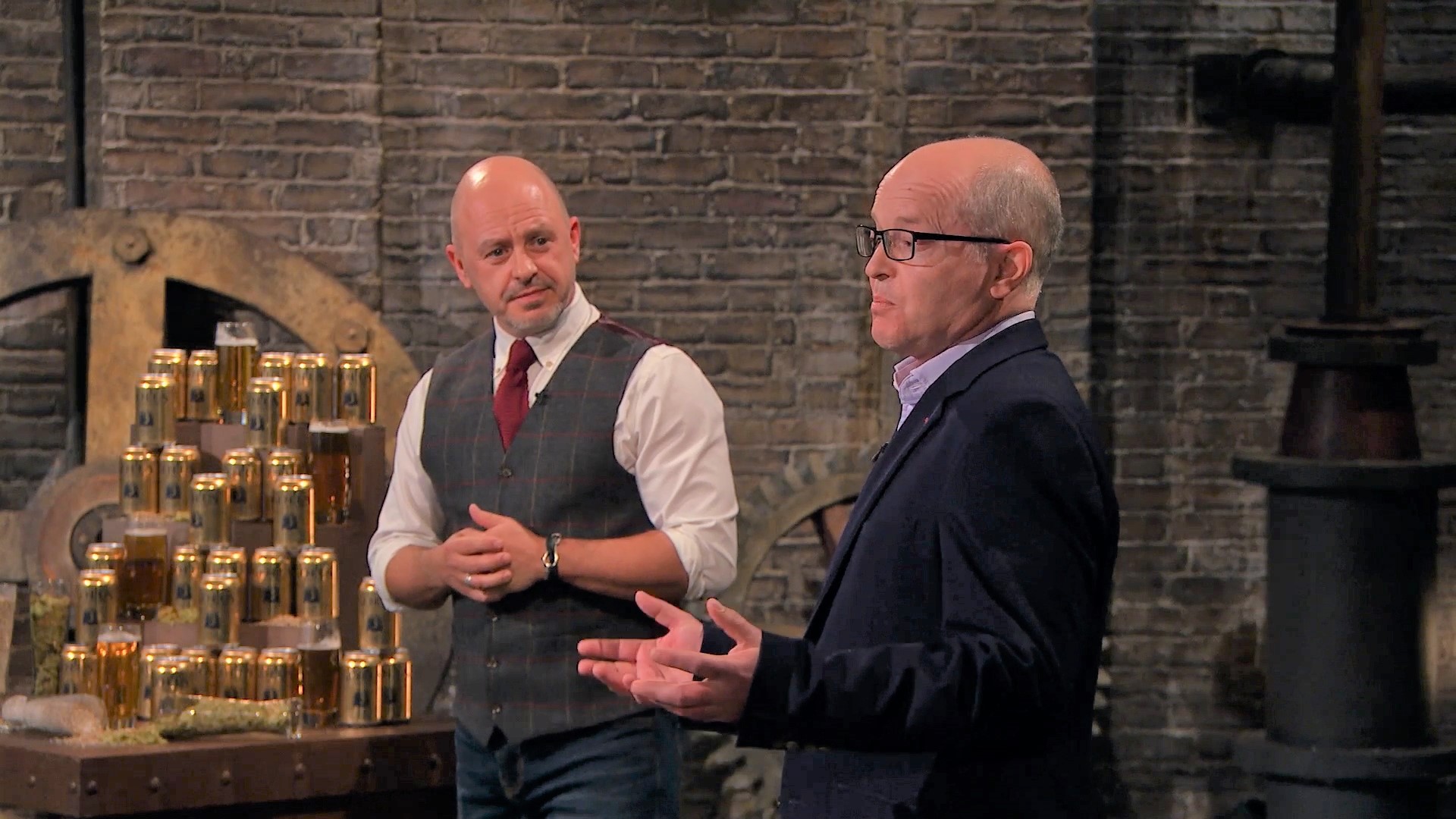From apps to super foods, old garden mowers to low-calorie craft beers - this week’s Dragons’ Den was packed full of highs and lows for the Dragons and the entrepreneurs.
Tooth Decay through Technology
Technology allows us to connect with people at the touch of a button, which has been quite remarkable, especially over the last year as we’ve been separated from friends and family. One duo in tonight’s episode got me thinking about how much I truly rely on technology. Where would I be without my smart phone? I am an avid mountain walker, I especially love using apps and trackers to count my steps on these hikes. I also rely on my calendar to remind me of upcoming appointments and social media to keep in contact with friends far and wide. But would I ever consider using an app to keep track of my dental hygiene?
That’s exactly what Gina Dorodvand and Hawaa Budraa enthusiastically brought into the Den, asking for a £70,000 investment for a 2.6% share of their company Uunn. Uunn is an app that allows you to measure how clean your teeth are, at home.

A unique product like Gina & Hawaa’s could be patentable. Patents protect inventions that are new and not just a simple modification to something that already exists. You can check to see if your invention is new by searching published patents, the internet or trade publications.
Or check out our video to help you decide if you need a patent.
The end of the runway…
The only Dragon brave enough to put her pearly whites to the test was Sara Davies but after a few minutes of ‘drilling down’ the numbers, four out of the five Dragons were out, with Touker Suleyman being the only Dragon to see the products’ potential.

Touker also pointed out that the dynamic duo’s product could also be licensed.
It’s important to protect your IP to stop someone using your work without your permission. Once your IP is properly protected, it can also be collaborative, bringing numerous benefits for both parties.
A licence is an agreement between an IP right owner and another party. Licences support businesses who want to work together to develop new products and services. It grants them permission to do something that would be an infringement of the rights without the licence.
IP can be ’licensed-out’ or ‘licensed-in’. You can ’license-out’ to another company in return for a fee. You can ‘license-in’ if you want to use another company’s IP to develop your own business and products.
Deal or no deal for the dental duo?
With Touker being the only Dragon to offer the duo the full amount for 30% the twosome braced themselves but kindly rejected his offer.
“That looks like a picture of my lockdown”

It would come as no surprise to those who know me that I enjoy the odd tipple on a special occasion, so combining alcohol with being able to maintain a certain level of fitness that wouldn’t deter me from my mountain hikes left me intrigued. That was exactly what Charlie Craig and Jason Clarke served up in the Den. A super low-calorie craft beer that contains fewer calories than an apple! With Jason pledging that he was in the pursuit of making healthier drinking a pleasure not a compromise, I pondered on what ingredients in their Genuis craft beers make this possible? Is it a recipe worthy of IP protection?

While you can’t patent a recipe, you may be able to protect it with a Trade Secret. Unlike patents, trade marks, designs and copyright, trade secrets have no expiry date. Providing you can keep the information from leaking out, they can last for a very long time. Some of the best kept trade secrets have survived for centuries!
Another advantage of a trade secret is that there is no legal obligation to disclose information. Patents, trade marks and designs can be viewed by the public. However, trade secrets can be difficult to keep. If the information is leaked or someone creates the same product or process independently, there is nothing that can be done.
The only legal form of protection available is the law of confidentiality. You should share the crucial information with as few people as possible, but when necessary, you should use a Non-Disclosure agreement. This agreement is legally binding and legal action could be taken if any information is disclosed.
Unfortunately for Jason and Charlie, none of the Dragons invested in the pair’s product and they left the Den with nothing.
If you’ve been inspired by tonight’s episode, you may enjoy our variety of case studies from businesses who have grown by protecting their IP.
Leave a comment